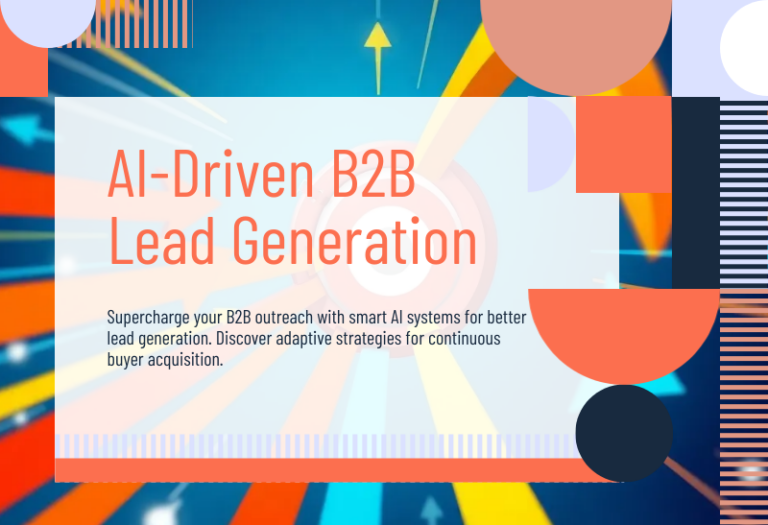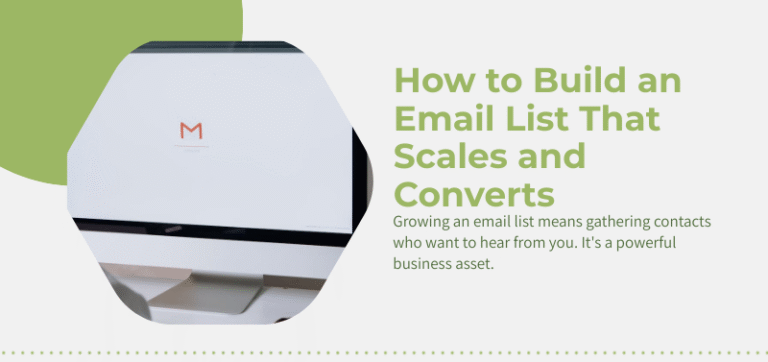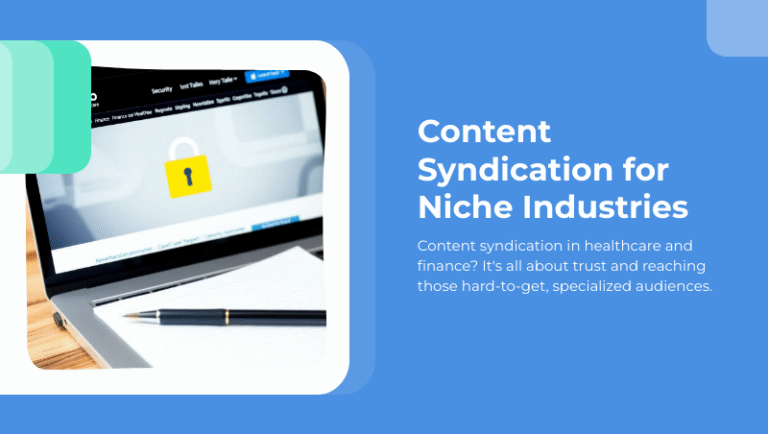It’s impossible to overstate the impact big data has had on business. With it, companies have transformed how they handle everything from inventory to customer service. It isn’t enough, though, to access this information; if big data isn’t actionable and agile, it isn’t serving its purpose.
When people think of data, they tend to think of a static quantity, a stack of information that can be added to or subtracted from but otherwise remains fairly stationary. Big data is a different animal; it isn’t just about mass but movement. Data applications that update in real time and turn the information they gather into insight immediately are at the core of marketing automation systems. With it, marketers are able to respond right away to every shift their audiences undergo.
Let’s look at an example of how big data also has to be agile. A promising prospect has visited a pair of competing companies’ websites to finalize a buying decision. At both sites, he finds similar information, and he lingers on a couple of product information pages in particular. He’s given his email address to both businesses, and what he hears from them will determine where he buys.
This lead’s first stop is a company that uses conventional site analytics to track traffic. Marketers can see where he’s been and how long he spends there, and a weekly report reflects his interest. Early in the week, a member of the marketing team sends the lead an email inviting him to the company’s next webinar. Unfortunately, he’s already made his choice, and he hasn’t chosen this firm. It isn’t because the marketing team members didn’t know enough about this lead but because they couldn’t take action on that knowledge as they learned it. The data’s there; it just isn’t agile enough to keep up with customers’ movements.
Now let’s take a look at the company that earned this customer’s business. The marketing automation software this firm’s marketing team uses not only monitors which pages the lead views but turns that information into insight by delivering customized content based on the prospect’s behavior. He now sees ads for the company on other pages, and he got an email less than an hour after visiting the company’s website and staying on a particular product page. The email features that product prominently, and it’s also customized to the prospect’s industry – knowledge the system had already acquired from data appends to the prospect’s file. By the time its competition pushed out the first email offer, this company had already ranked its lead, delivered relevant information to him, guided him to the sales department, and closed the deal with him.
Agility – the capacity to keep up with customers and respond to them in real time – is built into marketing automation systems. Here’s where the agility and speed of big data matters most:
- Lead Scoring – How quickly does your system respond to phase changes in leads’ sales readiness? Can it spot these changes as they happen and shift gears with your lead nurture programs to respond in real time?
- Triggered Email – A trigger that isn’t responsive isn’t effective. As soon as your prospects take action, an agile marketing automation system reacts.
- Custom Content – Real-time updates to the content viewers want to see can have dramatic effects on conversion rates.
- Personalized Offers – B2C businesses regularly showcase other items buyers looked at or select offers based on a prospect’s previous visits to a website. With marketing automation, B2B companies can now make personalized offers too.
- Sales Alerts – nothing
© Reach Marketing LLC 2015 All Rights Reserved.




